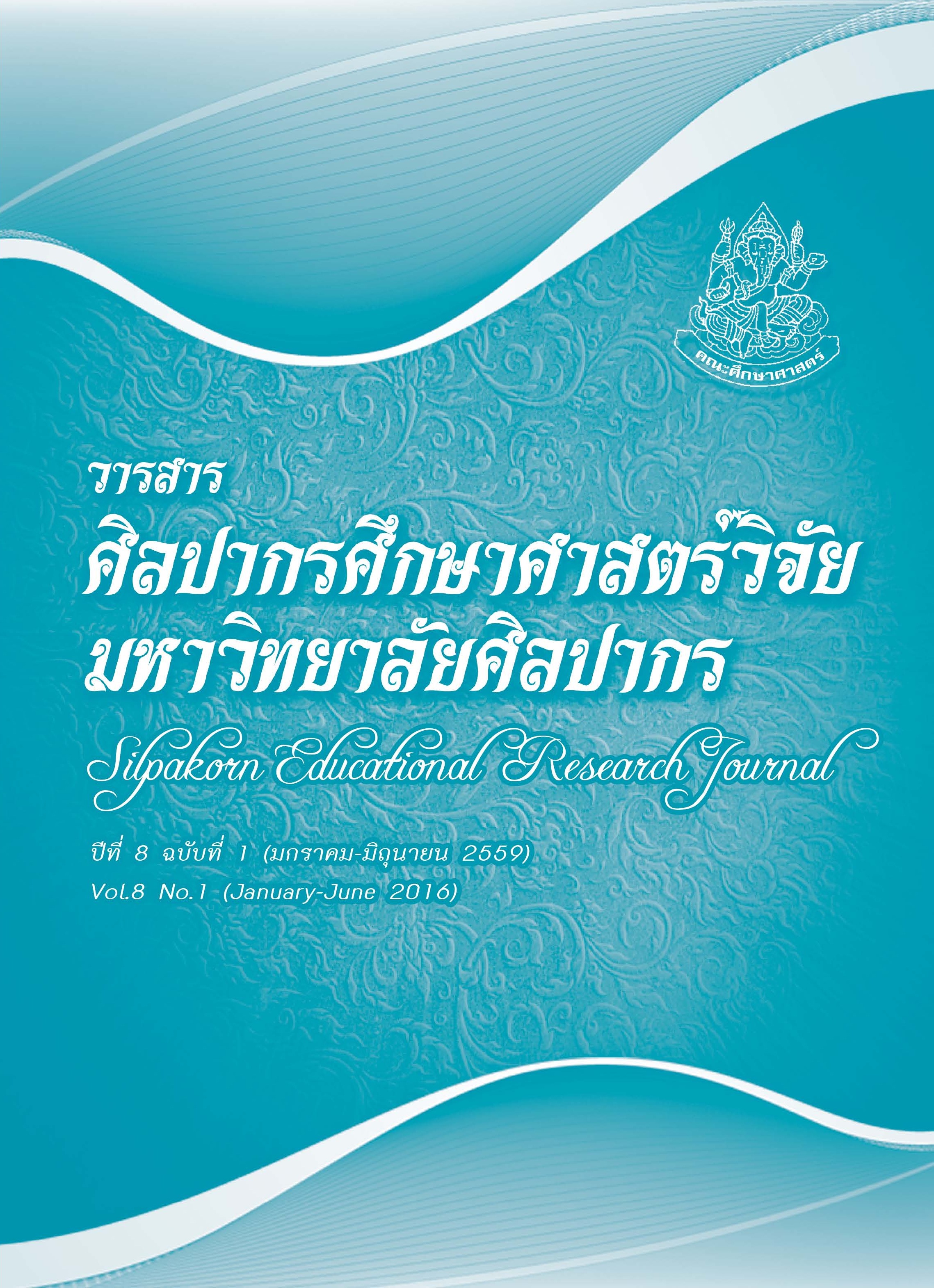ศึกษาความสัมพันธ์ระหว่างวัฒนธรรมองค์กรและแรงจูงใจในการบริการสาธารณะเพื่อพัฒนาการมีส่วนร่วมของสมาชิกในองค์กรไม่แสวงหากำไร กรณีศึกษา: สโมสรโรตารี (ประเทศไทย) (The Study of Relation Between or Ganization Culture and Public Service Motivation for the Development of Joint Participation of all the Members Without Benefit Study Case of the Rotary (Thailand))
Main Article Content
Abstract
ศึกษาความสัมพันธ์ระหว่างวัฒนธรรมองค์กรและแรงจูงใจในการบริการสาธารณะ
เพื่อการพัฒนาการมีส่วนร่วมของสมาชิกในองค์กรไม่แสวงหากำไร
กรณีศึกษา : สโมสรโรตารี (ประเทศไทย)
The Study of Relation Between orGanization Culture and Public Service Motivation for the Development of Joint Participation of all the Members Without Benefit Study Case of the Rotary (Thailand)
บทคัดย่อ
การวิจัยนี้ มีวัตถุประสงค์ 1) ศึกษาวัฒนธรรมองค์กรของสมาชิกสโมสรโรตารี (ประเทศไทย) 2) ศึกษาแรงจูงใจในการบริการสาธารณะของสมาชิกสโมสรโรตารี (ประเทศไทย) 3) ศึกษาการมีส่วนร่วมของสมาชิกสโมสรโรตารี (ประเทศไทย) และศึกษาความสัมพันธ์ระหว่างวัฒนธรรมองค์กรและการมีส่วนร่วมของสมาชิกสโมสรโรตารี (ประเทศไทย)5) ศึกษาความสัมพันธ์ระหว่างแรงจูงใจในการบริการสาธารณะ และการมีส่วนร่วมของสมาชิกสโมสรโรตารี (ประเทศไทย) วิธีดำเนินการวิจัยประกอบด้วยกลุ่มตัวอย่างคือสมาชิกของสมาชิกสโมสรโรตารี (ประเทศไทย) แบ่งเป็น 2 กลุ่ม คือวิจัยเชิงคุณภาพโดยการสัมภาษณ์เชิงลึกกับผู้บริหารสโมสรโรตารี (ประเทศไทย) ทั้ง 4 ภาค 10 คน ใช้ข้อมูลที่ได้ ไปพิจารณาสร้างคำถามเชิงปริมาณและวิจัยเชิงปริมาณโดยใช้แบบสอบถาม400 ชุด เพื่อทดสอบความสัมพันธ์ของตัวแปร และอิทธิพลของตัวแปร เพื่อสร้างสมการในการพยากรณ์
จากการศึกษาพบว่า การศึกษาวัฒนธรรมองค์กรแรงจูงใจในการบริการสาธารณะ และการมีส่วนร่วมของสมาชิกสโมสรโรตารี (ประเทศไทย) พบว่าอยู่ในระดับมากถึงมากที่สุด ในทุกด้านการศึกษาความสัมพันธ์วัฒนธรรมเอกภาพมีความสัมพันธ์กับการมีส่วนร่วมในด้านการตัดสินใจ แรงจูงใจในการบริการสาธารณะ ด้านการคำนึงถึงผลประโยชน์สาธารณะด้านความเห็นอกเห็นผู้อื่นด้านการเสียสละตนเองมีความสัมพันธ์กับการมีส่วนร่วมในการตัดสินใจ และการมีส่วนร่วมในผลประโยชน์ ในปัจจัยของแรงจูงใจในการบริการสาธารณะ ด้านการมีส่วนร่วมในการกำหนดนโยบายสาธารณะ ด้านความเห็นอกเห็นผู้อื่น ด้านการเสียสละตนเอง มีความสัมพันธ์กับการมีส่วนร่วมในการประเมินผล
Abstractt
This research study is aimed : 1)to study the organizational culture of Rotary Club (Thailand)2) to the public service motivation of Rotary Club (Thailand) 3) the participation of members of Rotary Club (Thailand) 4) to study the relationship between the organizational culture and the participation of members of Rotary Club (Thailand) 5)to study the relationship between the public service motivation and the participation of members of Rotary Club (Thailand). Samples of the research comprise the members of Rotary Club (Thailand), which are divided into two (2) groups. One group was samples for a qualitative research. This qualitative research adopted the in-depth interview method as a tool for researching. Ten executives of the Rotary Club (Thailand) from four regions were interviewed and the data gained was used to construct quantitative questions. Another group of samples was for a quantitative research. Four hundred (400) questionnaires were used as a tool for the study to test the relationship between the variables and the influence of the variables in order to construct the equation for prediction.
The study of the organizational culture reveals that the motivation to provide public services and the participation of members of Rotary Club (Thailand) are in the high to the highest level in every aspect. Regarding the study of the relationship, it was found as follows. The Consistency Culture has a relation to the participation to make decision. The motivation to provide public services in regard to the awareness of public benefit, the compassion toward others and the devotion of oneself have a relation to the participation in decision making and in the sharing of benefit. The motivation to provide public services in regard to the setting up of public policy, the compassion toward others and the devotion of oneself have a relation to the participation in making the assessment.

